Our group of nine were gathered at the Rio Grande trailhead and Charis bent down and put her hand on our feet, one at a time, and said,
Welcome, Pilgrim.
May the Way be
A path for you,
A guide to you,
A companion with you.
As we each received our blessing, we started on our Camino del Alma alone, walking the first 30 minutes in silence.
Two pastors from the Roaring Fork Valley in Colorado had organized this three-day, 42-mile spiritual walk from Aspen to Glenwood Springs. Charis Caldwell, a Presbyterian pastor who has led many on the Camino de Santiago, was our leader and guide.
“Find your own pace,” Charis had instructed before blessing our feet. It sounded like too small a thing to be the primary focus of a 15-mile day, but soon I noticed how remarkable a thing it was. On group hiking trips, even when there was no enforced pace, I’ve been acutely aware of my location in the pack. I took pride in being near the front and felt shame when I lagged at the back. I’ve scrambled to keep up, when hiking with friends, and been embarrassed to ask them slow down. Finding my own pace meant finding a stride and speed that suited me, and not comparing my progress to others.
The Rio Grande trail along the river by the same name, is a multi-use trail. Bikers zoomed past, sometimes interrupting our silence with a shouted “on your left,” and just as often not giving any warning until the whirr of their tires made us leap out of the way. A few miles away, cars and trucks roared on Highway 82. The cars would cover the same distance in less than an hour that it was taking us three days to complete. From their perspective, I imagined the inefficiency of our walk seemed foolish, even pointless.
I noticed high above me a golden eagle swooping in large circles. It adjusted its wings to the shifting thermals. A silver dot far off in the distance became a jetliner, carrying passengers to some far away destination. The plane and the eagle shared the same frame in my view of the sky. The jetliner can cruise at over 600 mph and go 9500 miles. The eagle’s average speed is 32 mph and averages 100 miles a day. The pilot of the plane knows the physics of flight. But I envy the eagle who feels the wind in his feathers.
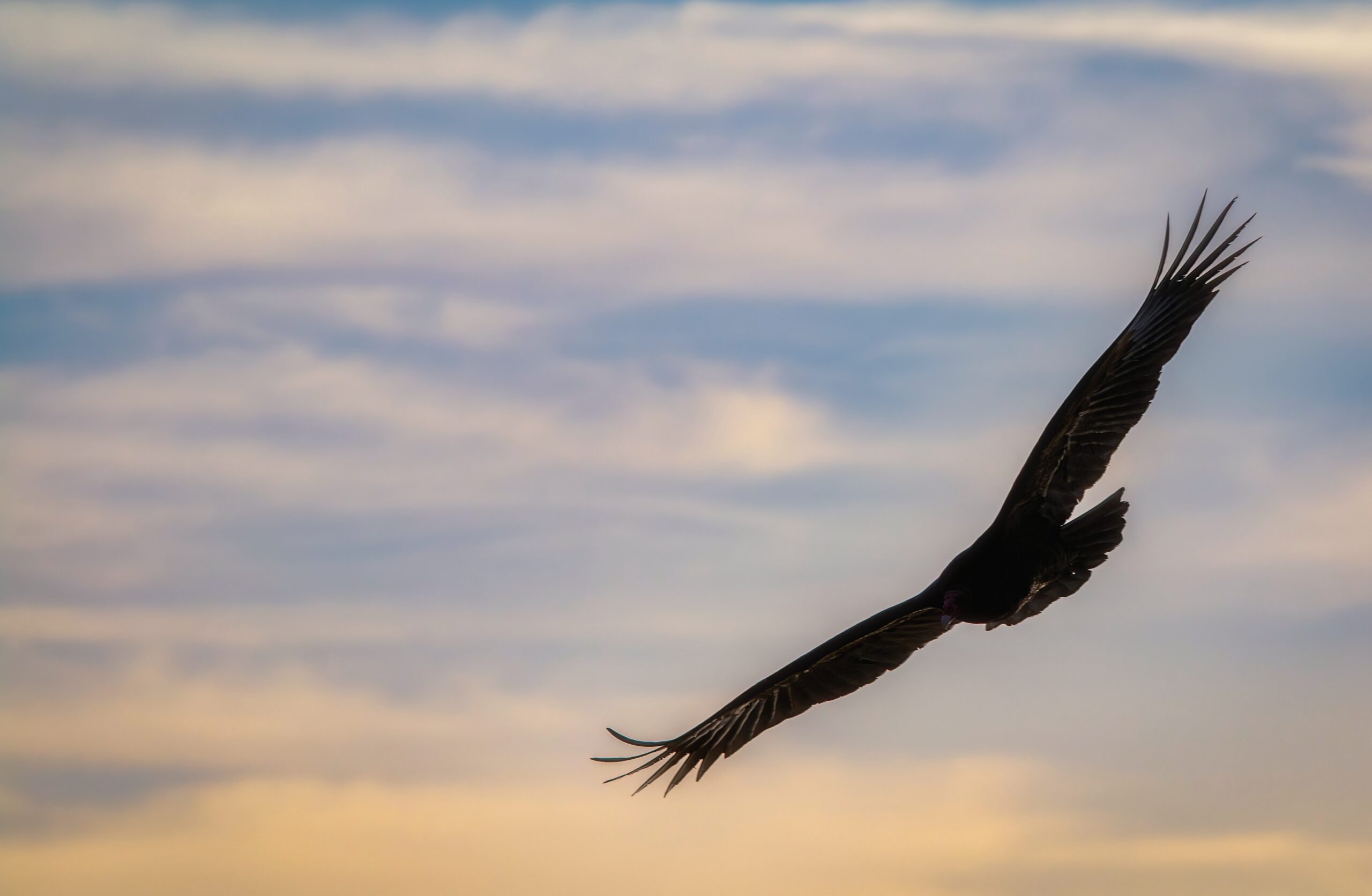
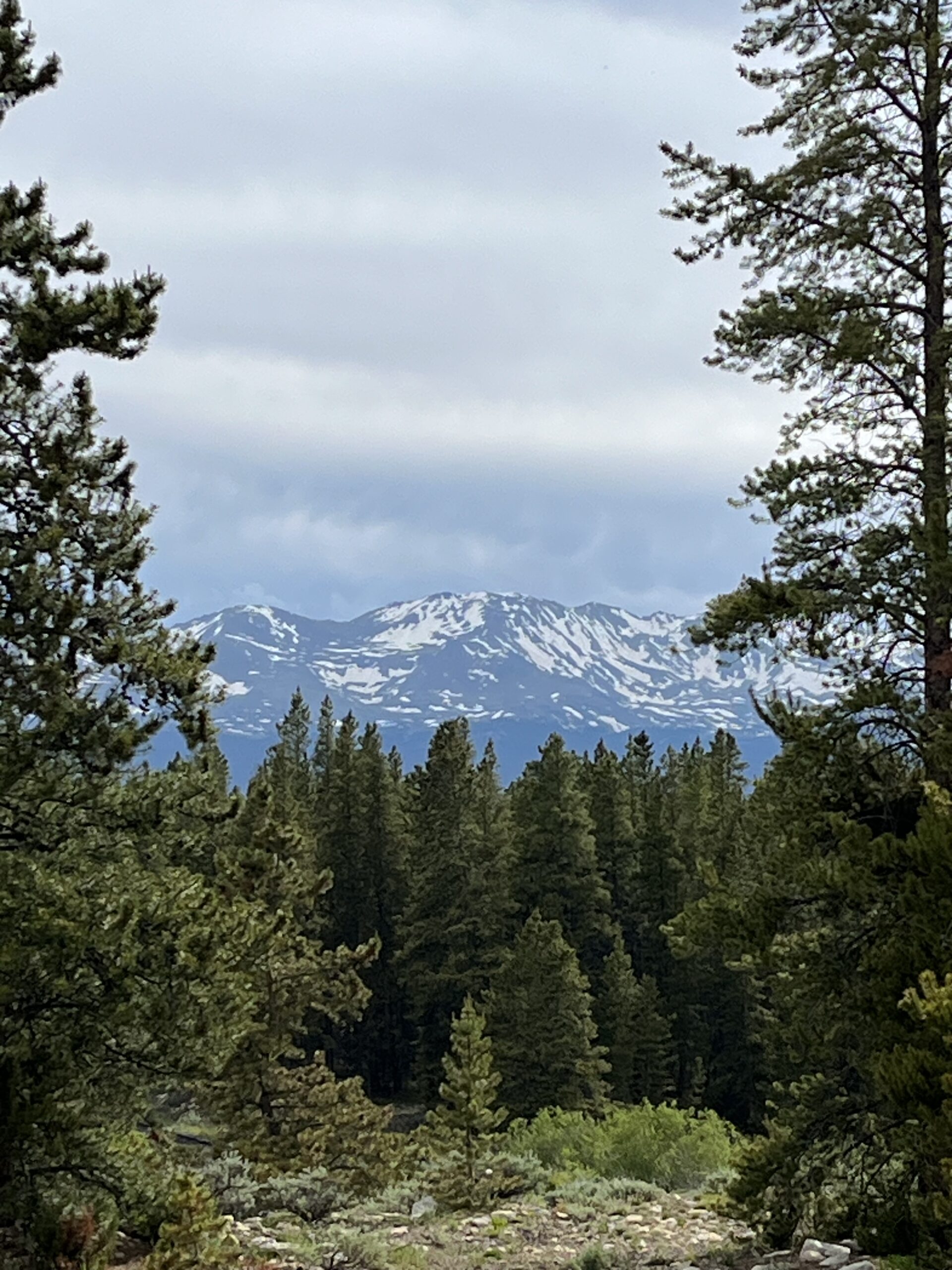

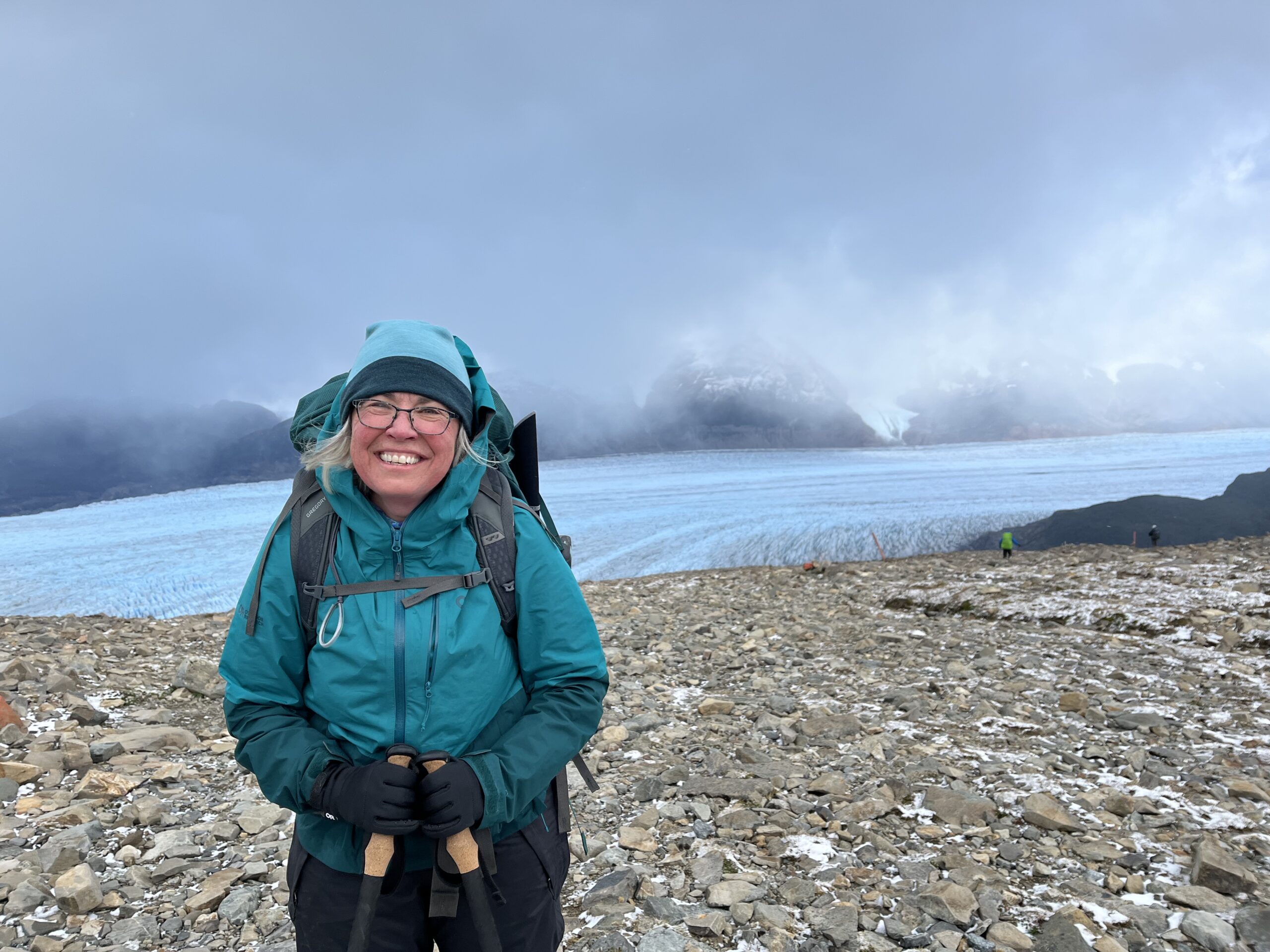
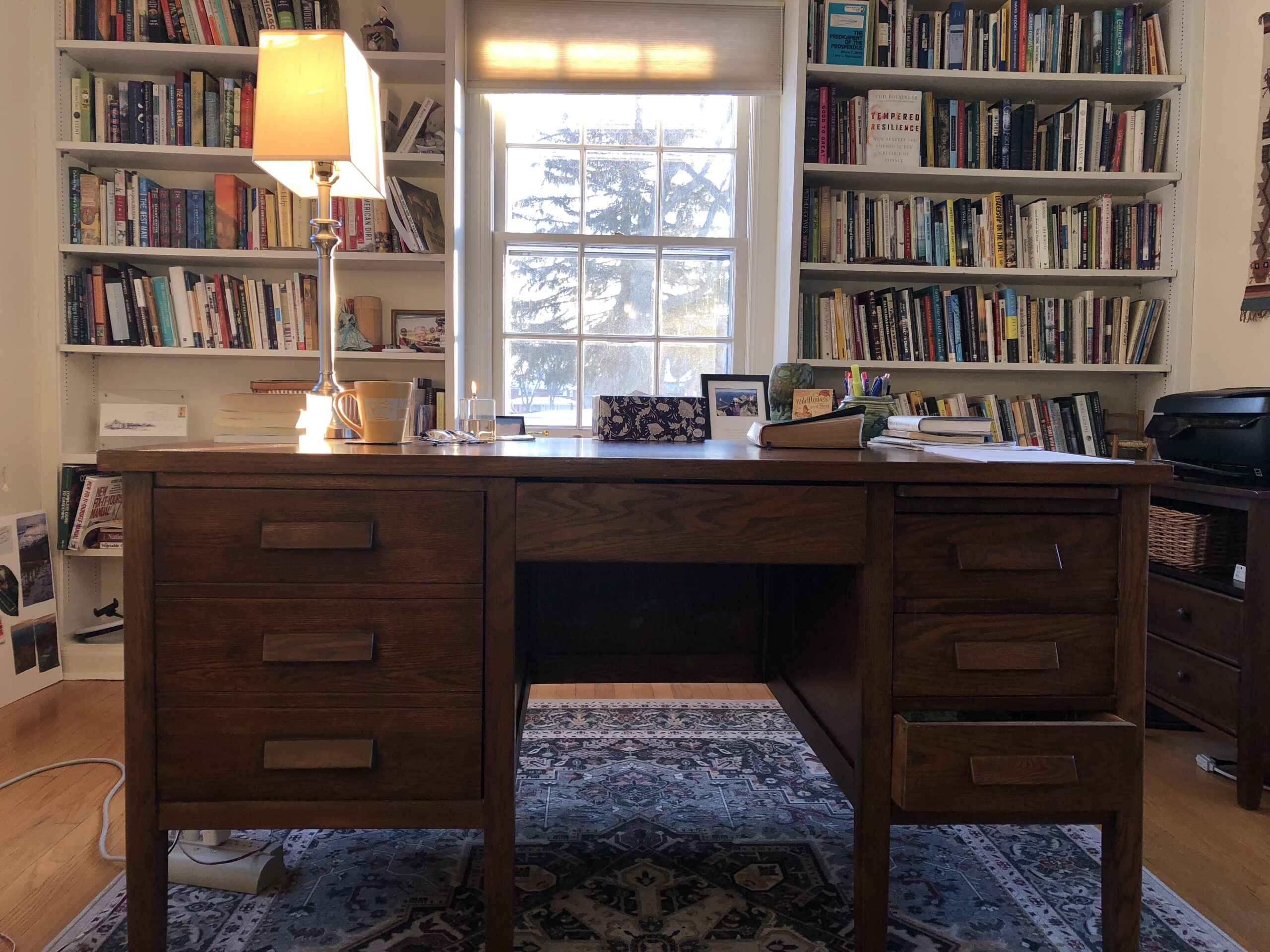
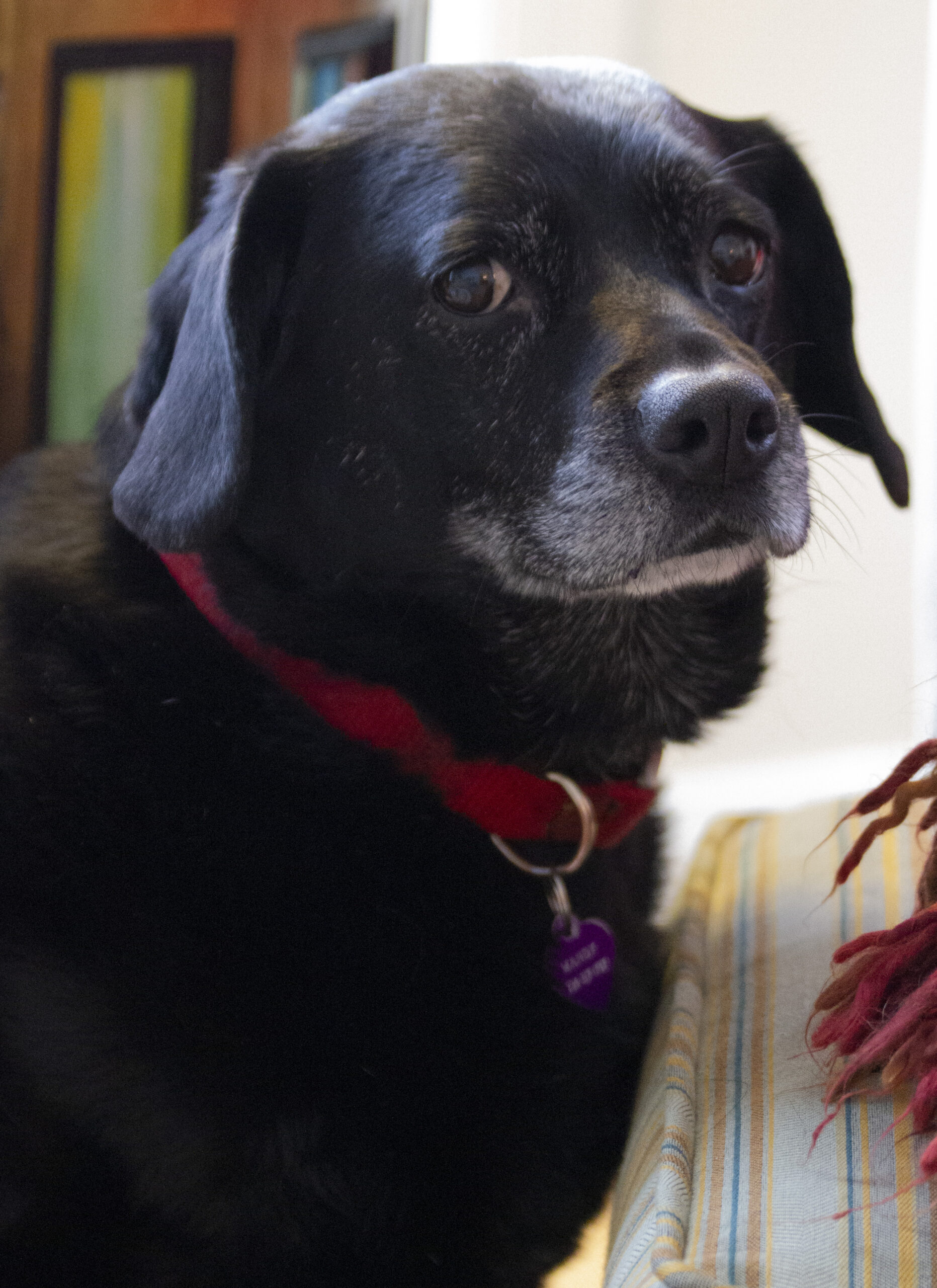
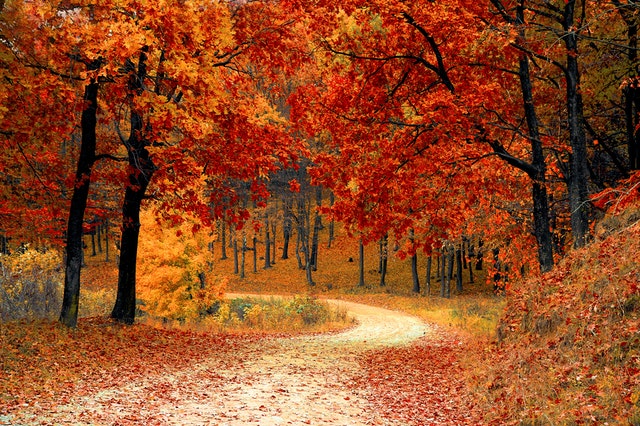
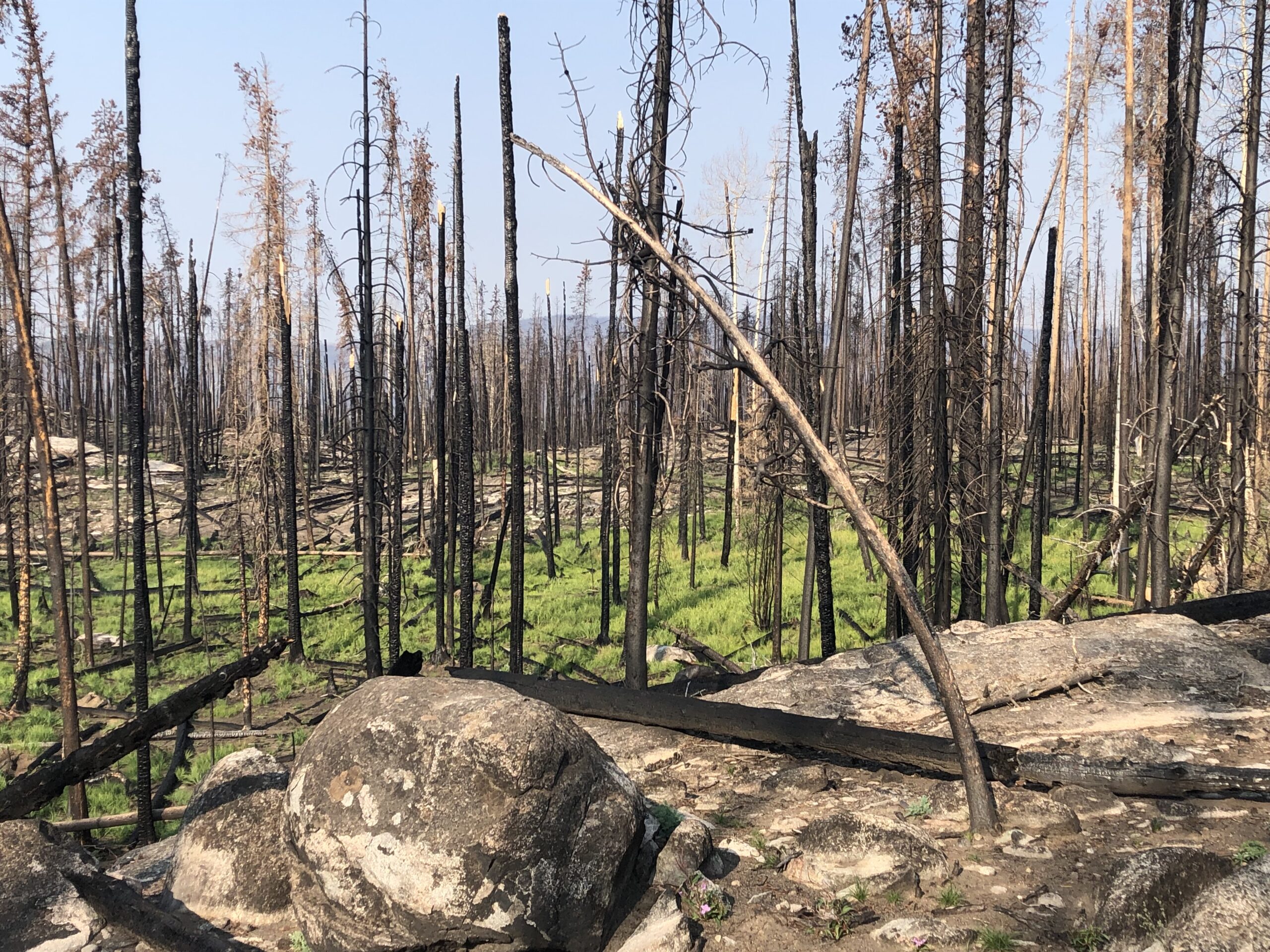


Recent Discussions